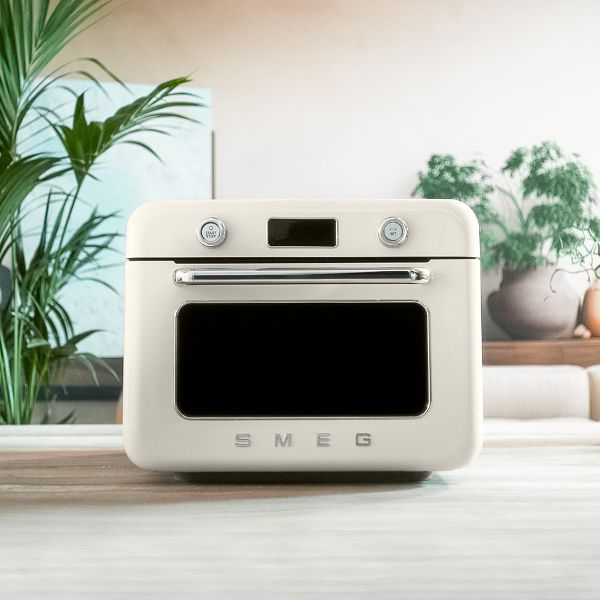invisible
-
MAJOR APPLIANCES
See more
-
SMALL APPLIANCES
See more
- Toasters
- Citrus Juicers
- Kettles
- Sparkling Water Makers
- separator1
-
Coffee Machines
See more
- Coffee Grinders
- Milk Frothers
- separator2
- Kitchen Scales
- Hand Blenders
- Blenders
- Stand Mixers
- Hand Mixers
- separator3
- Portable Induction Cookers
- Countertop Ovens
- separator4
- Knife Block Sets
- Accessories
- separator
- See All Small Appliances
-
AESTHETIC LINES
See more
-
COLLABORATIONS
See more
Search
Search for the products
Enter at least 3 characters


























































